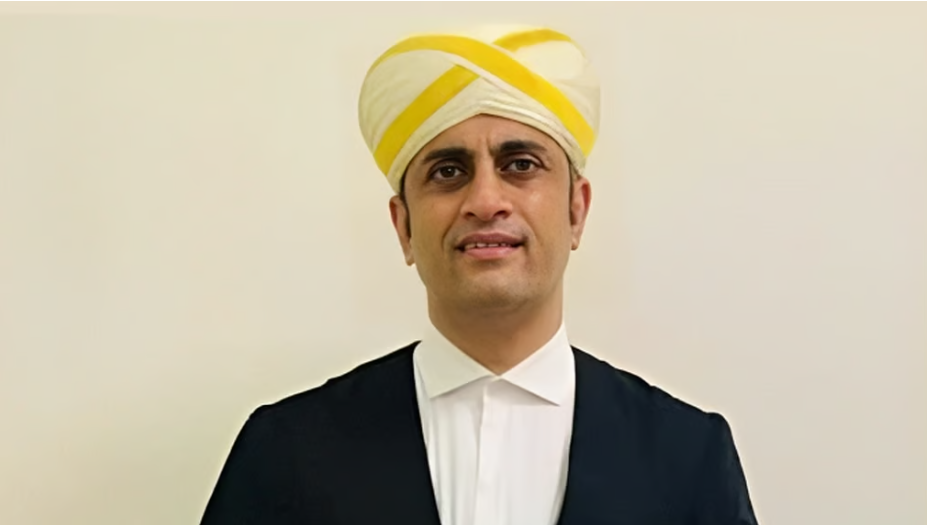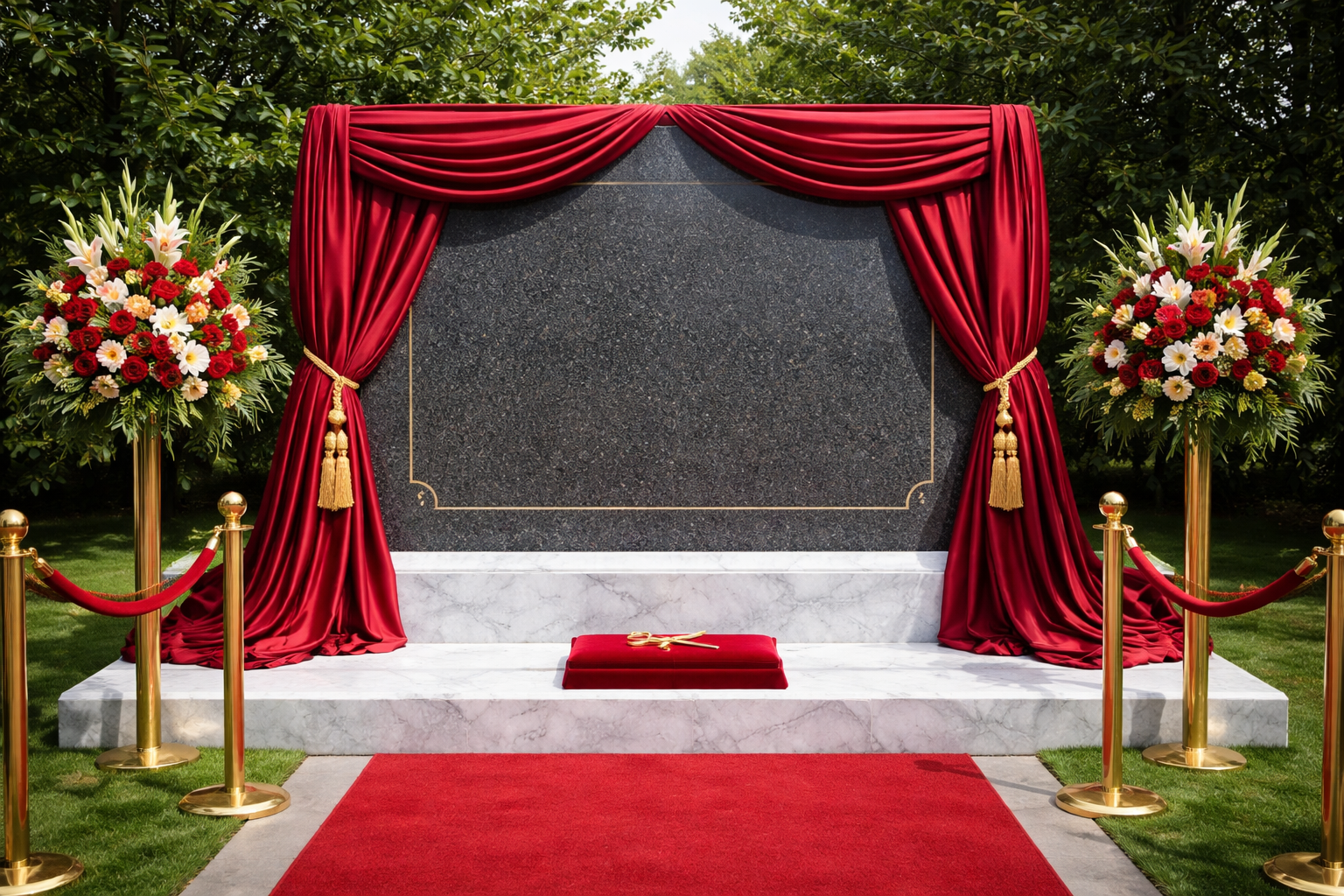CEO Shoptalk: Pace

Everybody is working 24/7 and fast as Hell — right?
Is that the most effective way to successfully run a business — startup or otherwise?
The answer is: it depends. It depends on a lot of things, but generally the answer is a resounding NO!
In startup world, the founding CEO (and team, as it is a micro endeavor at first) are working toward important milestones — such as raising money, product prototype, launch, proof of concept, minimum viable product, first paying customer, paying oneself — at breakneck speed.
These are huge deliverables and deserve your best effort. That is, however, not the issue.
Sometimes this pace is driven by the reality there is some precious commodity — usually money, a spouse’s indulgence, market opportunity, competition — about to run out. If you run out of money, there are no good substitutes.
So, the pace of activities is forced upon you. This happens virtually all the time. Cut yourself some slack that you did not create this problem.
The question now becomes: How do you manage it?
So, pace, Big Red Car?
OK, dear reader, pace. Here we go.
A founder/CEO can work at a high pace — insanely high — for short periods of time.
[There are numerous studies in the construction trades that workers assigned 2 hours of overtime accomplish the same amount of work in 10 hours as they used to do in 8 hours after as little as 3 weeks.]
This means weeks and months, not years. The first issue is to recognize there is a cost: loss of efficiency, intellectual fatigue, health, stress, relationships, your soul.
If you are a founder/CEO, take a second and review your calendar for the last six months and your calendar for the next month (I use the next month because looking forward seems to arrive at the same pace and you don’t know what you’re doing in six weeks because it hasn’t been hammered out yet) and get an idea of how you are currently working. Answer a few brutal questions — take your time:
1. Am I working at a high pace? An unsustainable pace?
2. Am I working at the pace that produces my best work?
3. Are their attendant costs I can identify that I have incurred?
In general, I would say that founder/CEOs speaking to themselves will come up with the right answers even if they are not ones they would like to admit to anyone else other than themselves.
Rest assured nobody is batting 1.000 in this realm.
Big truth: As the founder/CEO, you may be the only person in the entire company who will suffer from this problem. This is exactly because you are the founder/CEO. Own it. You asked for it. You get the equity.
So, what do we do, Big Red Car?
Here are some pragmatic actions:
1. Identify what you are spending the most time on and ensure it is the highest quality, mission critical undertaking at which your bit of genius is the best focus for the long term success of the endeavor.
Are you doing the right thing? Are you the right person to do it? Can somebody else do it? Does it even really need to be done?
At the same time, prioritize everything you are working on — A, B, C.
You do the A’s. You delegate the B’s. You delete the C’s. It is really that easy; you just have to do it. Be brutal and it will be liberating.
Pro tip: When you identify the A’s, put a time budget on them. This is the pinch of spice that makes it all work.
2. See if you can identify a timeframe in which this extraordinary effort will provide naturally relief — when will you be finished? When can you anticipate some breathing room?
Know that a lot of CEOs/founders/entrepreneurs will say: “There will never be breathing time. There will just be another mission critical challenge. Forever.”
That’s OK. We can work through that.
3. Identify the costs — loss of efficiency, analysis paralysis, stress, health issues, atrophying relationships, and the soul sucking.
This is a hard one to do because founder/CEOs often fall into the trap of being Superman. You’re not Superman, and it isn’t necessary to be Superman to succeed in this racket.
4. For every priority and for every cost, identify a strategy to counter that aspect of your work.
One of the most overlooked strategies is to simply make a bargain with the Devil — “I will only work like a madman on this challenge for the next six weeks and then I will take a break.”
Stress — what can you do to combat stress? I won’t tell you what to do, but you know. This isn’t rocket science. You know most of this stuff.
5. Make a written plan with a time management flavor. In that plan touch the following:
How many hours a day, week, month are you going to devote to your startup?
How many hours are left for the rest of your life? Negotiate with yourself.
Make sure the pace relievers figure into the solution. Do not fail to budget the pace.
What can you build into your life structurally to combat and alleviate the manic pace? [Hint: Date night, regular exercise, dinner with family on Sunday nights. You know this stuff.]
Write down and follow the plan.
The harsh reality of being a founder/CEO
The harsh reality of being a founder/CEO is even if you have a perfect written plan, you will slip back into your bad habits — that’s OK. The oil in your car has to be changed regularly also.
1. If you write out the plan, you can manage your progress, revise the plan, and develop something that works solely for you. It is your plan.
2. Don’t adhere to the plan just because you made a plan. Double down on what works and throw overboard what doesn’t work. Be critical of your own plan.
3. Everything in moderation — turns out your mother was right.
Running may alleviate stress; but training for the Boston Marathon may create a new type of stress.
4. As a first step, block out one week. Just one week. If you can make the next week work, you can make the next month work, and soon this will become rote. You can do this.
5. Evaluate your plan every month. Take thirty minutes, no more.
Bottom line it, Big Red Car
OK, embrace what is your truth — one size does not fit all and mileage will definitely vary — here it is:
1. Founders/CEOs are working at a manic pace that impacts success, efficiency, intellectual fatigue, health, stress, and relationships. It is personality altering and may even be dangerous.
2. Doing nothing is not a strategy and is the coward’s way out. You, amigo, are no coward.
3. Think, speculate, negotiate with yourself, make a plan — write it down.
4. Consult with experienced former founder/CEOs at the end of their careers and ask them what worked for them. Understand they are dangerous as they may simply say, “Deal with it. That’s what I did.”
This is no how the world embraced indoor plumbing.
5. Execute your plan. Evaluate your execution. Revise your plan.
That’s it.
A last word: I have resisted saying some of the most obvious things such as taking an annual calendar and blocking out holidays, vacations, birthdays, and anniversaries. You know that stuff.
If you do nothing, you do not just get the same outcomes, they may get appreciably worse.
But, hey what the Hell do I really know anyway? I’m just a Big Red Car.












